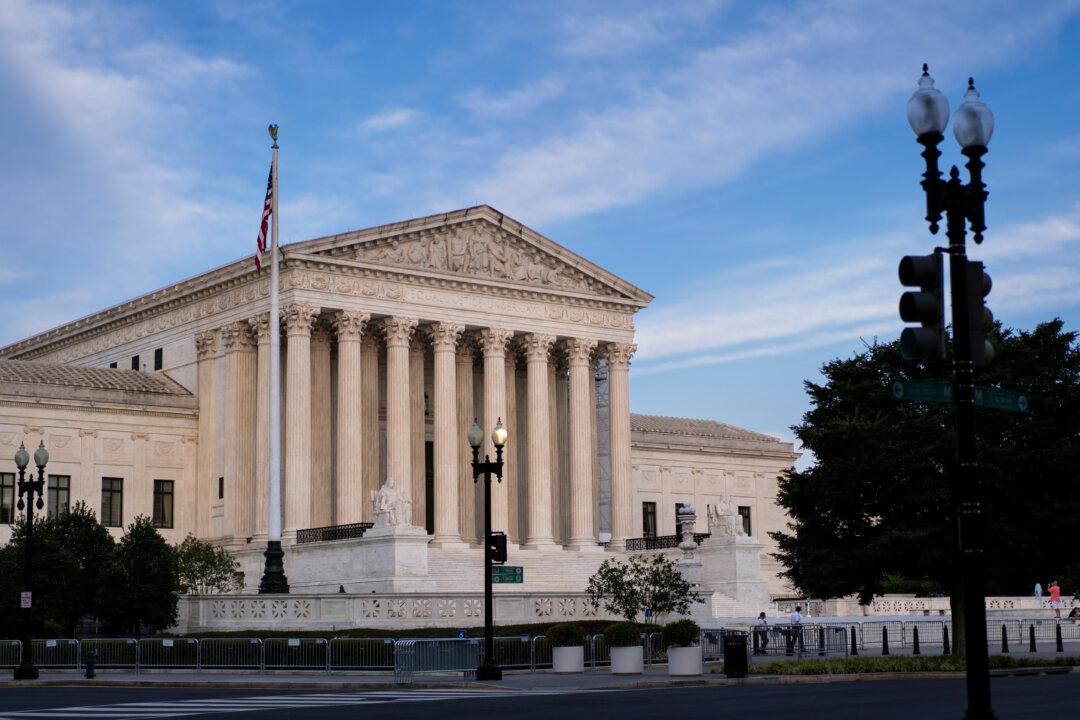The Supreme Court released major decisions yesterday that upended the decades-old Chevron deference doctrine and narrowed the way courts could apply a financial reform law the Biden administration used to prosecute Jan. 6 defendants. In doing so, the justices raised questions about the Justice Department’s response to Jan. 6 and the future of administrative power.
Another case, City of Grants Pass v. Johnson, saw the 6-3 conservative majority holding that a city law against public camping didn’t violate the constitution’s prohibition on cruel and unusual punishment. A dissent authored by Justice Sonia Sotomayor accused the city as punishing people for their status as homeless—something she described as “unconscionable and unconstitutional.”





